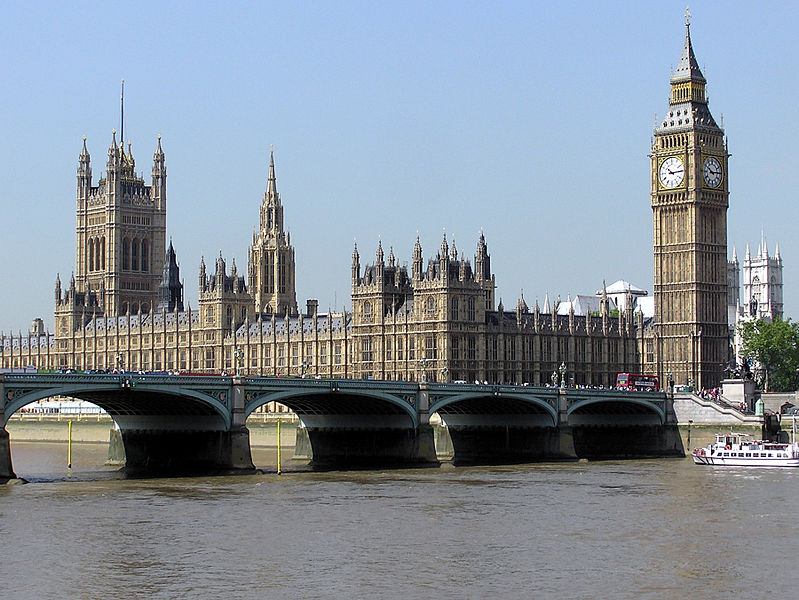

The director general of MI5 has backed plans by the government to help UK intelligence agencies gain more information about the communications of suspected terrorists.
In the first ever live media interview conducted by a senior British intelligence official, Andrew Parker told BBC Radio 4’s Today programme that agencies could not risk being left in the dark by new technologies and said MI5 was only interested in terrorists, not the general public.
“Because of that threat we face and the way terrorists operate and the way we all live today, if we are to stop the people who mean us harm, MI5 and others need to be able to navigate the Internet, to find terrorist communication,” he said. “We need to use data sets so we can join the dots to be able to find and stop the terrorists before they’re able to bring plots to fruition.
“We’ve been pretty successful at that in recent years, but it’s becoming more difficult to do it as technology changes faster and faster.”
Now with a solely Tory government in power, May has pressed ahead, reportedly meeting with US and UK communications providers to help agencies gain access to communications data. Some are reported to have concerns about the cost and impact on reputation, while privacy campaigners also oppose the legislation, a draft of which could be published in October.
Parker said it was for parliament to decide what powers MI5 would be given, but he made no secret of his agencies desire to be given a stronger legal framework in which to operate in. He said the current powers were decided in 2000, years before many of the current technologies used today were invented.
“I think it’s important that from time to time, legislation is updated,” he added. “We need to be able to monitor the communications of terrorists, spies and others. We need to be able to obtain data about their communications, we need to be able to obtain other information about them.”
“We’re focused on the people who mean us harm. We’re not about browsing through the private lives of the citizens of this country. We do not have population scale monitoring or anything like that.”
The government has previously spoken of its demand for an encryption “back door” – a move which many experts have dismissed. But Parker did say he expecte companies like Facebook and Google to cooperate. With many tech firms located in the US, he wants International cooperation.
“It requires the cooperation of the companies who run and provide services over the Internet. It’s in nobody’s interest that terrorists should be able to plot and communicate out of the reach of any authorities with proper legal power.
“It will be a continuing challenge as technology shifts. It is important that in the future that there is not only is a framework of clear law in countries like Britain, but also there are international agreements where companies have a confident basis to cooperate with agencies like mine and the police in order to protect society and their customers.”
How much do you know about US spy agency, the NSA? Take our quiz!
SoftBank has agreed a funding deal that will see OpenAI being provided with up to…
Tesla sales have plummeted to lowest level in three years, as deliveries of new EVs…
New addition. Next generation foundation model, as Amazon Nova model launches to perform actions within…
Head of artificial intelligence research at Meta Platforms has announced she is leaving the social…
No decision yet, after media reports CK Hutchison was to spin off its global telecom…
Ahead of 5 April deadline, Trump is to hold White House meeting over possible investors…